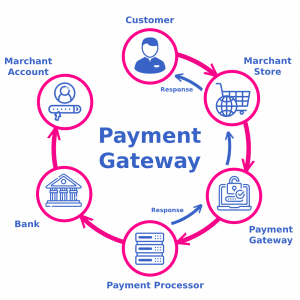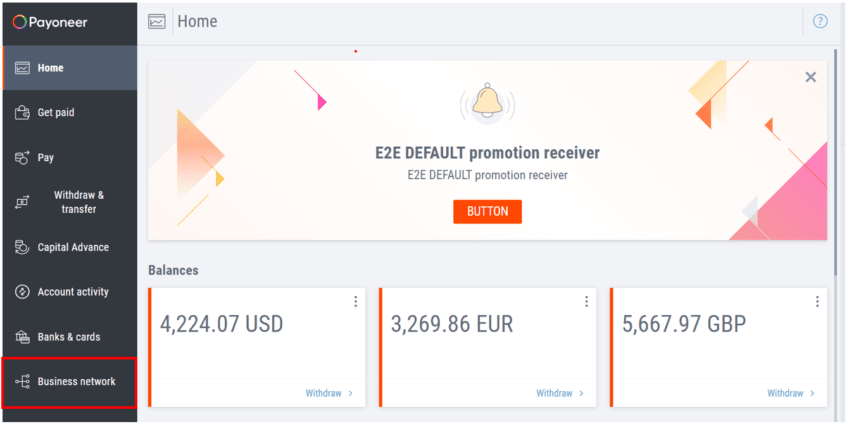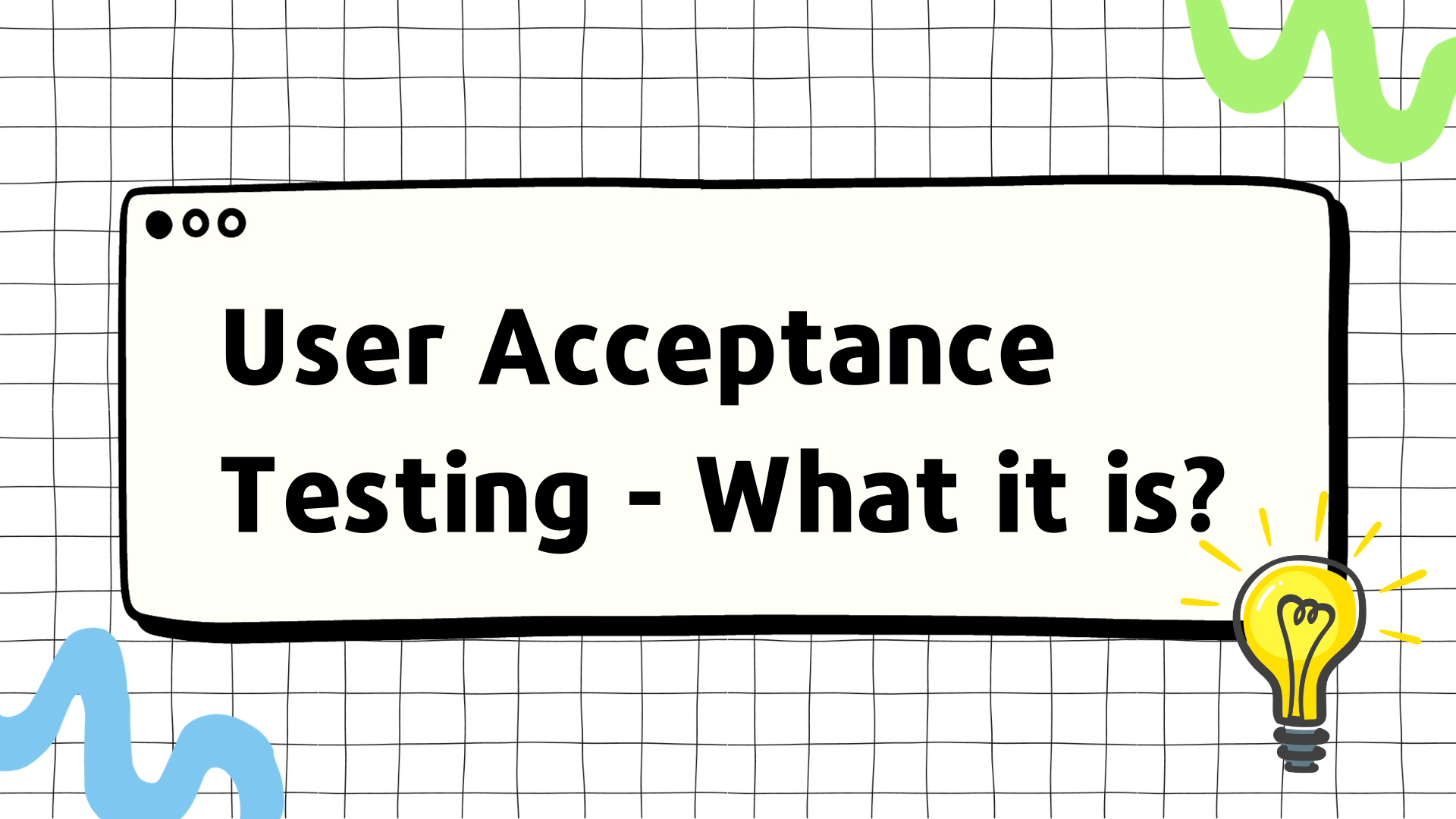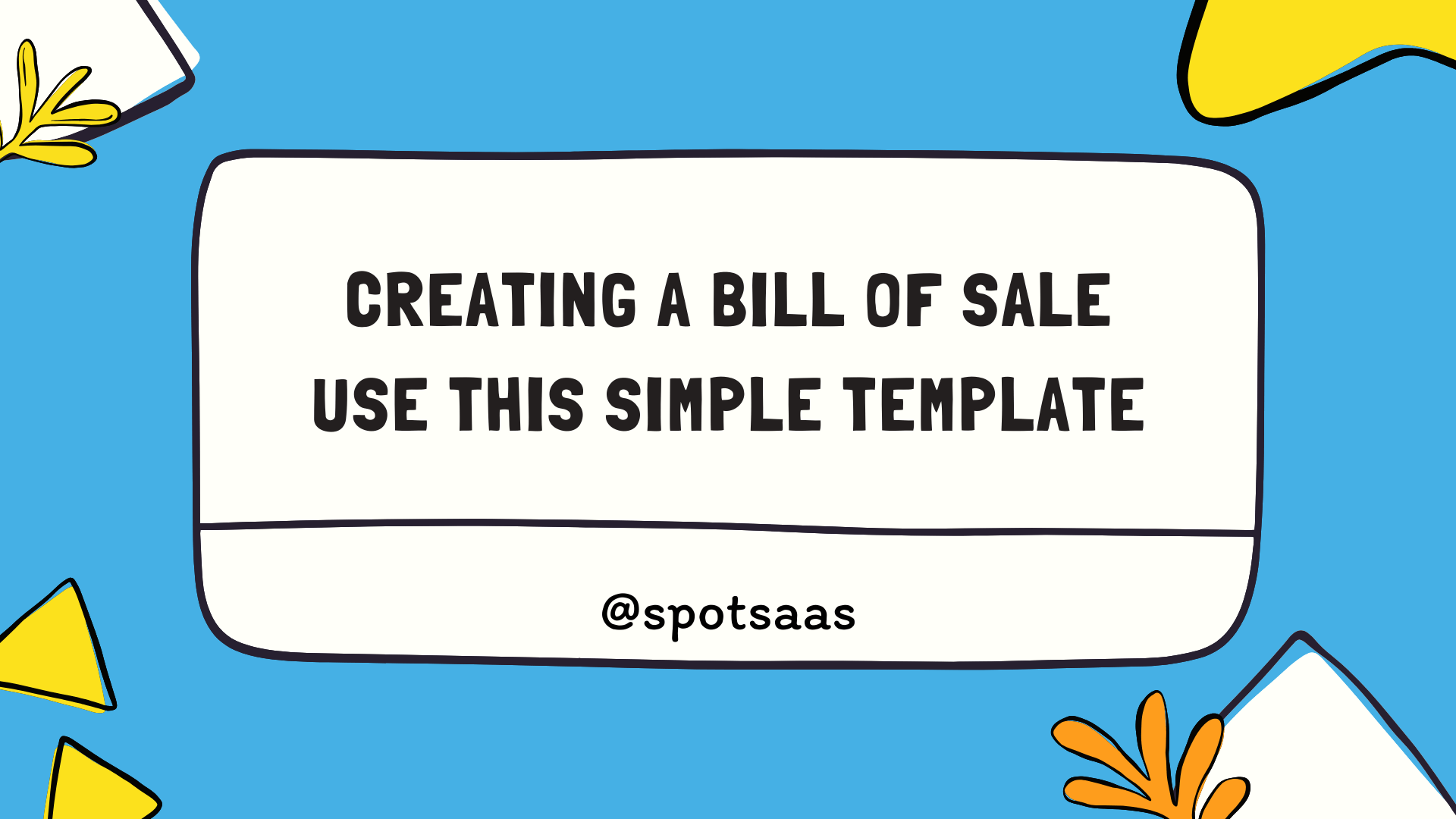Payment gateway software is a crucial tool for processing transactions and receiving payments if you operate an online store. It serves as a link between your website and the financial institutions that handle your clients’ payments. It transmits sensitive data securely while facilitating speedy and accurate transaction processing.
We’ll go into great detail about payment gateway supplier & software in this article, including what it is, how it functions, and all of the features and advantages that come with utilising it.
So, if you need a payment gateway, deep dive into this blog!

What is Payment Gateway Software
Payment gateway software serves as a middleman between an e-commerce website and the financial institutions that handle the transactions. Such tools are in charge of safely transferring consumer transaction data, such as credit card information, to the financial institution for processing before returning the transaction’s outcome (such as authorized or refused) to the website.
These programs operate by securely delivering sensitive customer data to the relevant financial institution for processing using encryption. Additionally, they take care of sending transaction data to the appropriate processing network, such Visa or Mastercard. Some gateways also offer extra functionality including the capacity to retain client data for upcoming transactions, recurring billing, and fraud detection and prevention.
Features of Payment Gateway Software
A number of features are often included in payment gateway software to make the payment process safe, effective, and user-friendly. The following are some typical attributes of such software:
- Secure payment processing: To ensure that the data is delivered securely, payment gateway software encodes sensitive customer data, such as credit card numbers.
- Support for numerous currencies: By processing contracts in a variety of currencies, many payment gateways make it simple for companies to sell to clients abroad.
- Fraud detection and prevention: To assist businesses in identifying and preventing fraudulent deals, several payment gateways come with built-in fraud detection and prevention features.
- Recurring billing: A feature that many payment gateways offer, which is helpful for companies that sell memberships or subscriptions.
- Mobile payments: A few payment gateways enable clients to use their mobile device to make payments.
- Virtual terminal: It enables companies to manually handle arrangements, such as taking phone or postal orders.
- Reporting and analytics: Software for payment gateways frequently has reporting and analytical functions that let companies monitor transactional information and learn more about their sales.
- Integration: Different e-commerce platforms, like Shopify, Magento, WooCommerce, etc., can be integrated with payment gateways.
- Support for several languages: Many payment gateway programs offer this feature, which makes it simple for companies to sell to customers around the world.
The specific functionality will vary based on the payment gateway supplier, however these are some of the usual characteristics of such software.
Examples of Payment Gateway Software
Some examples of payment gateway software include:
- PayPal: a popular online payment system that allows customers to make payments using their PayPal account or a financial card.
- Stripe: a payment processing platform that allows businesses to accept and process types of payments online.
- Authorize.net: a payment gateway that provides merchants with the ability to accept credit card and electronic check payments through their website.
- Square: A payment gateway which also provides point of sale hardware and software for businesses.
- Braintree: A payment gateway that enables businesses to accept or process payments via financial cards, PayPal, Apple Pay, and other forms of payment solution.
Benefits of Payment Gateway Software
Businesses that conduct online sales of goods or services can profit from such a software in a number of ways. Among the key advantages are:
- Better Security: Security is improved since such software encodes important client data, lowering the possibility of fraud and data breaches.
- Convenience-enhancing feature: Payment gateway software enables clients to pay you fast and conveniently without ever leaving your website.
- Sales growth: Payment gateway software can aid in your company’s sales growth by simplifying the payment process for clients.
- Efficiency gains: The automation of numerous payment process steps by such software results in a reduction in the requirement for manual processing and an overall improvement in efficiency.
- Increased adaptability: Businesses can choose the e-commerce platform that best suits their needs by integrating a software with a number of different e-commerce platforms.
- Increased scalability: Businesses may easily extend their operations as they expand thanks to payment gateway software’s capacity to handle a huge volume of deals.
- Increased data insights: Businesses may track data and learn more about their sales thanks to reporting and analytics services that are frequently included in such software.
- Increased customer retention: Payment gateway software can aid in boosting client satisfaction and retention by offering a simple and secure payment process.
- Greater worldwide reach: The ability of many payment gateways to conduct deals in different currencies makes it simple for companies to sell to clients throughout the world.
- Enhanced mobile responsiveness: Some payment gateways provide mobile payments, enabling clients to pay using their mobile device.
These benefits can help businesses of all sizes to operate more efficiently and effectively, and improve the overall customer experience.
Adding Payment Gateway Software to an E-commerce Site
Adding payment gateway software to an e-commerce site typically involves the following steps:
- Choose a payment gateway provider
- Sign up for an account
- Integrate the software with your e-commerce platform
- Set up your payment means
- Test the integration
- Go live
It’s important to keep in mind that depending on the payment gateway provider and the e-commerce platform you are using, the precise methods and prerequisites for adding a software to an e-commerce site will change. Therefore, it’s crucial to strictly adhere to the guidance offered by the payment gateway provider.
Please be aware that some providers of payment gateways might impose setup fees, transaction fees, or monthly fees; as a result, be careful to inquire about these costs before using the provider’s service.
What to consider when choosing an online payment gateway
When choosing an digital payment gateway, there are several factors to consider to ensure that you find a solution that meets your business’s needs. Some things to consider include:
- Payment methods: Make sure to choose a payment gateway that offers various mode of payments that your customers are most likely to use.
- Security: Look for a payment gateway that uses industry-standard encryption and fraud detection and prevention tools to keep customer data secure.
- Fees: Compare the fees such as setup fees, and monthly fees of different providers to find the one that offers the most cost-effective solution for your business.
- Ease of integration: Make sure the payment gateway you choose can be easily integrated with your e-commerce platform and any other systems you use.
- Customer support: A good customer support team can help you resolve any issues you encounter quickly and easily.
- Scalability: As your business grows, so will your need for payment processing. Consider a payment gateway that can scale with your business, so you don’t have to switch providers later on.
- Reporting and Analytics: Many payment gateways offer reporting and analytics features, which can help you track transaction data and gain insights into your sales.
How Do Online Payment Gateways Work?
Online payment gateways function by streamlining the procedure for paying for products or services online. They serve as a bridge between the card issuing banks of the business and the client, allowing money to be transferred from the customer’s account to the merchant’s account. An outline of how digital payment gateways function is provided below:
- The customer chooses the goods or services they want to purchase before moving on to the payment page.
- The customer enters their payment information, such as payment card information, and submits the payment on the checkout page.
- The customer’s payment information is subsequently encrypted by the payment gateway and sent to the customer’s bank for validation.
- The customer’s bank checks the payment details and replies to the payment gateway with information on whether the payment was accepted or rejected.
- The money is moved from the customer’s account to the merchant’s account if the payment is approved, and the payment gateway then passes the approval notice to the merchant.
- The payment processor or gateway notifies the merchant of the successful deal and delivers the customer a receipt.
- The seller can then send the item or render the service to the client.
Best Payment Gateway Software
PayPal
Using PayPal, an online payment platform, people and companies may send and receive money electronically. It was established in 1998, and since then, it has developed into one of the most extensively utilized digital payment systems worldwide.
Users can easily make online purchases or send money to friends and family using PayPal by connecting their bank account or financial card. In addition, PayPal provides a wide range of other services, including the capacity to set up recurring payments and the choice to use PayPal as payment at millions of online merchants account holders.

PayPal Features
- Interactive and easy UI
- Multiple Currency Support
- Invoicing
- One Touch™
- Instant Transfer
- QR Code
- PayPal.Me
- Cloud integration
- Multiple emails by a single account
- Mobile Payments
- Gift Card Management
- Saved Cards
- Website Payments
- Recurring Billing
- Multiple Currency Processing
PayPal Pricing
PayPal’s fees are quotation based & varies drastically depending on the geography. In addition, there are numerous points at which PayPal charges its users.
PayPal Pros & Cons
| Pros | Cons |
|---|---|
| Accepts multiple forms of payment including Venmo, PayPal and cryptocurrency | Lacking POS features |
| Recognizable name customers trust | Extra fees for international cards |
| Multiple e-commerce features | Additional cost for hardware |
SpotSaaS has rated PayPal at 9.8 out of 10. Explore the product here.
Payoneer
Global internet payment platform, Payoneer, enables people and companies to send and receive money in more than 150 different countries. It was established in 2005 and is a well-liked substitute for conventional bank transfers and payment procedures.
Payoneer provides a range of services, such as prepaid debit cards, local bank transfers, and cross-border payments. Users of Payoneer can send money to people and businesses abroad as well as receive payments from firms like Amazon, Airbnb, and Upwork. The capacity to give virtual and real cards to employees and contractors, as well as bulk payout capabilities, are just a couple of the features that Payoneer provides for organizations.

Payoneer Features
Payment Options: Recurring Billing, Instant Payment, Accepted Debit or Credit Cards, ACH Payments and eCheck Processing, Real-Time Payments
- Administration: Reporting/Dashboards, User, Role, and Access Management, Payout Time, Manual Payment Entry, Dispute Resolution
- Security: Fraud Protection Tools, Two-Factor Authentication
- Platform: Performance and Reliability, Internationalization-Currency/Language, Internationalization – Operating Country
Payoneer Pricing
Payoneer does not provide pricing plans for usage of its services. It implies various fees at different points of interaction and that varies drastically from one geography to another.
Payoneer Pros & Cons
| Pros | Cons |
|---|---|
| Transparent processing | Lacks auto-transfer feature |
| Simple registration & setup | Not acceptable worldwide |
| Facilitates the domestic and international transfers |
SpotSaaS has rated Payoneer at 9.1 out of 10. Explore the product here.
Conclusion
In conclusion, payment gateway software plays a crucial role in facilitating online transactions for businesses of all sizes. It acts as an intermediary between merchants and banks, ensuring that sensitive financial information is securely processed and transmitted.
With the right payment gateway software, businesses can easily accept a variety of payment methods, including credit and debit cards, e-wallets, and more. Additionally, many payment gateway providers offer additional features such as fraud detection and prevention, recurring payments, and more.
Choosing the right payment gateway software for your business can be a daunting task, but by considering factors such as fees, supported payment methods, and additional features, you can find a solution that meets your needs and helps your business succeed.
If you wish to learn something about payment processing software too, here is a detailed blog on the same by team SpotSaaS:
Payment Processing Software: A Detailed Guide For Merchants
Which payment gateway is the best?
Some of the leading payment gateway software are:
1- PayPal
2- Payoneer
3- Authorize.Net
4- Razorpay
5- 2Checkout
What is a payment gateway?
Payment gateway acts as a middleman between an e-commerce website and the financial institutions that handle the transactions. They are in charge of safely transferring consumer transaction data, to the financial institution for processing before returning the transaction’s outcome to the website.
What is the benefit of using payment gateway?
There are several benefits of using payment gateway:
1- Convenience
2- Faster payments
3- Safety
4- Fraud management
5- Seamless integration
Read More
Ultimate guide to marketing automation software
SaaS in 2023: 6 business tech trends that will drive the industry




